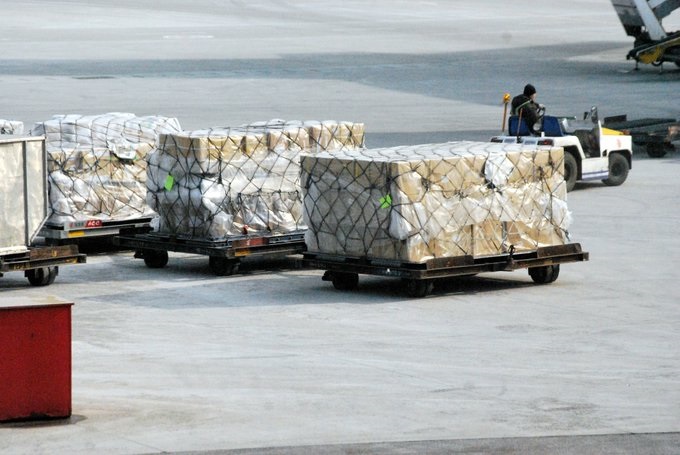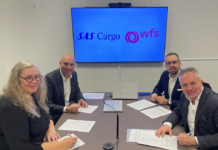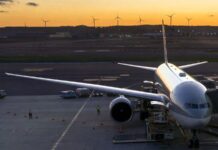
The International Air Transport Association (IATA) and its members renewed their call to governments to take urgent measures to ensure that vital air cargo supply lines remain open, efficient and effective.
“Air cargo is a vital partner in the global fight against COVID-19. But we are still seeing examples of cargo flights filled with life-saving medical supplies and equipment grounded due to cumbersome and bureaucratic processes to secure slots and operating permits. These delays are endangering lives. All governments need to step up to keep global supply chains open,” said Alexandre de Juniac, IATA’s Director General and CEO.
The COVID-19 crisis has seen almost the entire world-wide passenger aircraft fleet grounded; a fleet which normally transports almost half of total air cargo shipments. Airlines are scrambling to meet the gap between cargo demand and available lift by all means possible, including re-introducing freighter services and using passenger aircraft for cargo operations. To support these efforts, IATA says that governments need to remove key obstacles by:
- Introducing fast track procedures for overflight and landing permits for cargo operations, particularly in key manufacturing hubs in Asia — China, Korea and Japan — in response to the increased number of cargo charters replacing withdrawn passenger operations.
- Exempting flight crew members who do not interact with the public from 14-day quarantine requirements to ensure cargo supply chains are maintained
- Supporting temporary traffic rights for cargo operations where restrictions may apply
- Removing economic impediments, such as overflight charges, parking fees, and slot restrictions to support air cargo operations during these unprecedented times
- Removing operating hour curfews for cargo flights to facilitate the most flexible global air cargo network operations
The World Health Organization (WHO) reiterated the importance of air cargo in the fight to slow the spread of COVID-19:
“Around the world the frontline health workers who fight against COVID- 19 need to be continuously supplied with necessary medical equipment and protective material. It is our collective duty to keep these supply lines open by continuing air cargo operations. The scale-down of air passenger flow is seriously hurting our scheduled freight operations. We call on airline companies and governments to join the global effort to ensure dedicated freight capacity continues to operate on previously high volume passenger routes that are now closed down,” says Paul Molinaro, Chief, Operations Support and Logistics, WHO.
“Air cargo is on the front line, not only fighting COVID-19 but ensuing that global supply chains are maintained for the most time-sensitive materials including food and other products purchased online in support of quarantine and social distancing policies implemented by states. But we can only continue to do this if we work together with the support of governments. Keeping supply lines open also supports jobs in local economies for example producers of perishables in Africa and Latin America. We are stronger together,” said Glyn Hughes, IATA Global Head of Air Cargo.
อัพเดตข่าวสารและบทความที่น่าสนใจในอุตสาหกรรมโลจิสติกส์ก่อนใคร ผ่าน Line Official Account @Airfreight Logistics เพียงเพิ่มเราเป็นเพื่อน @Airfreight Logistics หรือคลิกที่นี่












